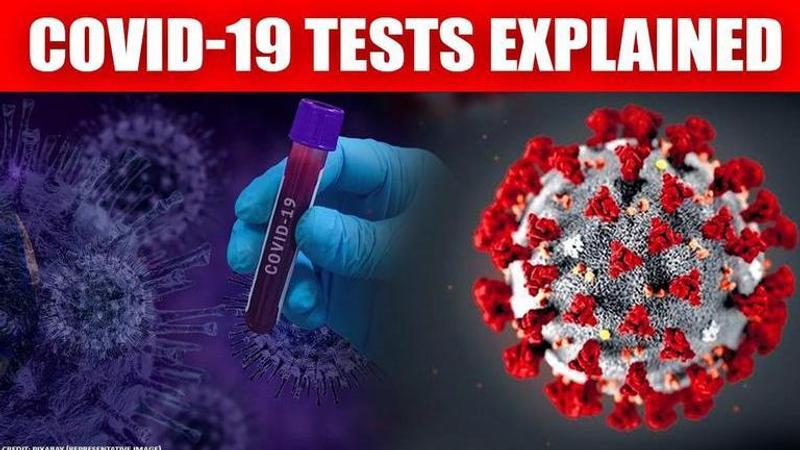Published 11:34 IST, May 15th 2020
Explainer: What does false positive and false negative coronavirus test results mean?
False test results pose a serious challenge for a country in its fight against coronavirus as a person who is infected could test negative.

Coronavirus test results have recently been a cause of concern as several countries have claimed to have reported false test results. Recently, Abbott Laboratories tests were under scrutiny as a report from New York University said that they could have missed half of the positive cases. The company was used at the White House to test coronavirus infections.
On May 11, as many as 33 previously confirmed COVID-19 cases from a laboratory were found to be "false positives" in Singapore. Russian officials, On May 8, reportedly said in a statement that tests throughout the country often give the wrong result. The statement brings into question the veracity of official statistics.
South Korea also faced the same problem in the beginning of the month when the country said that dozens of patients who recovered from corona tested positive again. But after research, they said that the tests were false positive. South Korea had reported more than 350 such cases as of May 6, according to the Korea Centers for Disease Control and Prevention (KCDC).
False test results pose a serious challenge for a country in its fight against coronavirus as it means that many people who are not infected (false positives) could be getting treatment in hospitals while many others who actually have coronavirus (false negative) could be out there transmitting the disease to others.
What is false positive?
A false positive test is when the test results show that a person has contracted coronavirus but in reality that person does not have the disease. Some reports claim that false positive can even show antibodies indicating that a person has immunity while they don't.
What is false negative?
A false negative result means that the person is told that he does not have coronavirus but in reality he has. False negative tests can prove extremely dangerous for a society in its fight against coronavirus as it means that a person with coronavirus is out there living a normal life infecting his contacts and risking his own health as the treatment cannot be started because the person tested negative for coronavirus while he actually has it.
Recent data reportedly suggests that about 15% of all tests conducted in the United States are returning false negatives. It means of every 100 individuals infected with COVID-19, 15 of them are told they don't have it.
Reason for false results?
There can be numerous reasons for getting false results. One of them is when a sample is contaminated with coronavirus, it can show false positive.
The second reason could be fault test kits. A rather funny yet serious incident came to light from Tanzania where the President questioned test kits as goats, papaya and sheep allegedly tested positive for the novel coronavirus. Considering the lack of specificity in case of testing kits, sometimes the kits pick up some other pathogen present in the blood which is not SARS-CoV-2.
Another reason could be a human error. As these tests and analysis have human involvement on different levels, they are subject to a human error. There can be a fault in reading or analysing the results.
The specificity of the test is another fact. The test you are taking has to be specific to that particular disease to be able to show accurate results. The specificity of the test is determined by what part of the genetic sequence of the virus you are targeting as several viruses share part of their genetics. In the case of coronavirus, RT-PCR (tests done using reverse-transcription polymerase chain reaction) are said to show accurate results as they target a certain genetic sequence similar to SARS-CoV-2 virus.
The accuracy of tests also depends on what stage the samples were collected. Samples collected too early may give false negative result.
In the case of recovered patients, as it possibly happened in South Korea, sometimes the test detects old particles. However, these particular do not pose a significant threat to the patient or people near him anymore.
Margin of error in test kits
According to reports, the margin of error of the rapid antibody test kits is between 15-20%, which experts claim, is huge.
Types of tests for coronavirus
-
RT-PCR
This test is done using a nasal or throat swab and while it is complicated, time-consuming and expensive, the tests are found to b highly accurate.
-
Rapid antibody test
In rapid antibody test, patient's blood is used as sample to detect antibodies. Also known as serology test, it is quick to perform and gives results within a few minutes.
Updated 11:34 IST, May 15th 2020




